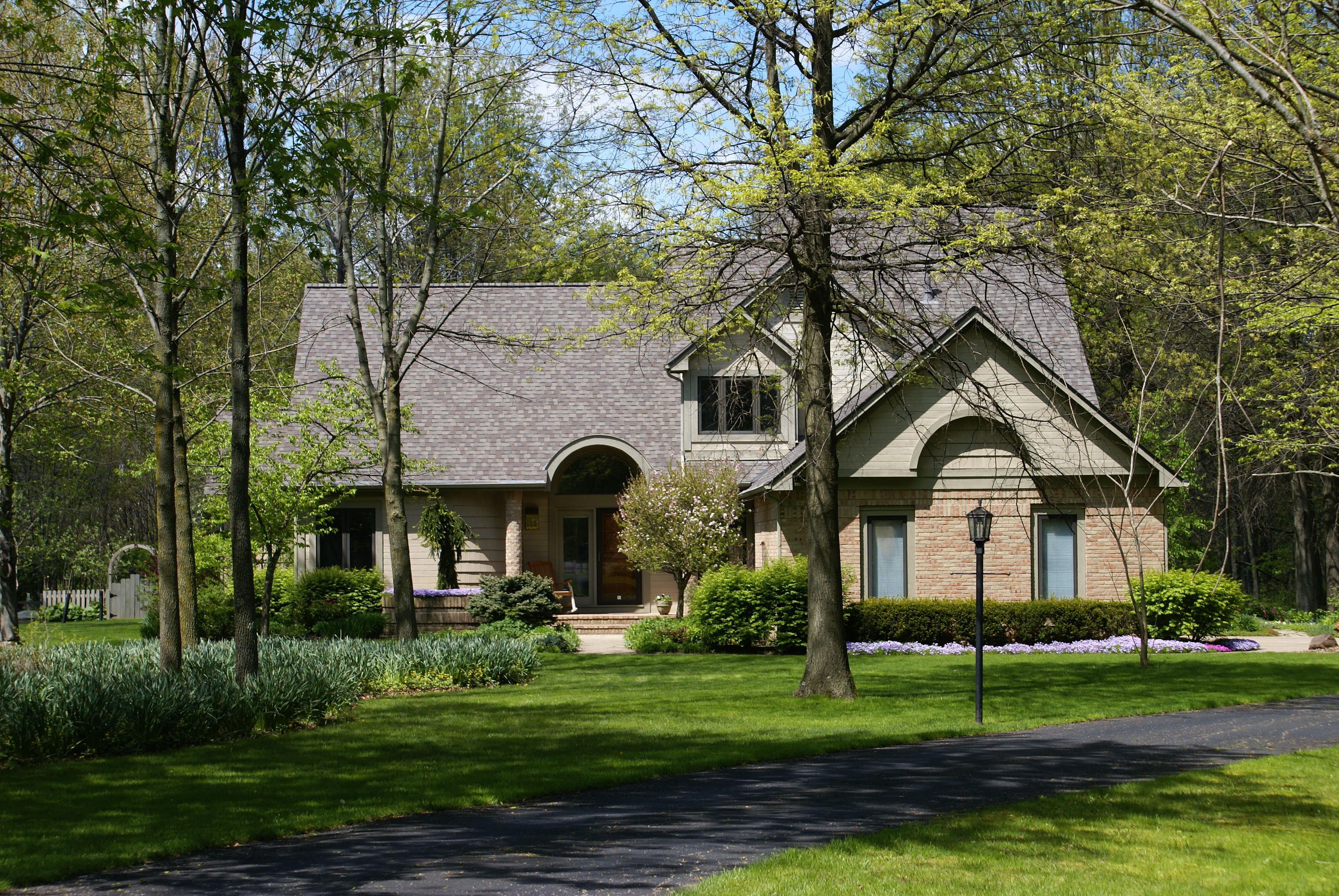In the exhilarating journey of selling a house, pricing stands as a pivotal factor. Set the price too low, and you might be shortchanging yourself; set it too high, and you risk alienating potential buyers. While the prospect of fetching a high price for your property is undoubtedly appealing, overpricing can backfire in more ways than one. Let's delve into why overpricing your house can ultimately cost you dearly.

1. Extended Time on the Market
One of the most immediate consequences of overpricing is the extended time your property may languish on the market. In an era where homebuyers are armed with copious online resources and access to market data, an inflated price tag can deter them from even considering your listing. As days turn into weeks and months, the perceived value of your property may diminish, leading to a cycle of price reductions and desperate attempts to attract attention.
2. Missed Opportunities
Every potential buyer has a budget and a set of preferences. Overpricing your house can effectively eliminate your property from the consideration set of buyers who could otherwise afford it. This not only reduces the pool of interested parties but also increases the likelihood of missing out on genuinely motivated buyers who are willing to pay a fair market price.
3. Stigmatization
Properties that linger on the market due to overpricing can acquire a stigma. Prospective buyers may wonder why the house hasn't sold yet, assuming there are hidden issues or flaws. Even if you later reduce the price to a more reasonable level, the perception that something is wrong with the property can be challenging to shake off, further deterring potential buyers.
4. Appraisal Issues
When a buyer secures financing, the lender typically requires an appraisal to ensure the property's value aligns with the loan amount. Overpricing your house can lead to appraisal issues, where the appraised value falls short of the inflated listing price. This can derail the sale, as buyers may struggle to secure financing for an overpriced property, ultimately forcing you to reconsider your pricing strategy.
5. Higher Holding Costs
Every extra day your property remains unsold translates to higher holding costs. Mortgage payments, property taxes, insurance, and maintenance expenses can quickly add up, eating into your potential profits. By pricing your house competitively from the outset, you can minimize the time it spends on the market and reduce the financial strain of carrying the property for an extended period.
6. Negotiation Disadvantage
Overpricing your house can put you at a significant disadvantage during negotiations. Serious buyers may be deterred from making an offer altogether, while those who do may start with lowball offers, assuming you're willing to negotiate down from an inflated price. This can lead to protracted and contentious negotiations, further delaying the sale and potentially souring the deal altogether.
Conclusion
While it's natural to want to maximize your return on investment when selling your house, overpricing can ultimately cost you in more ways than one. From extended time on the market to missed opportunities and appraisal issues, the consequences of overpricing can be significant and far-reaching. By pricing your house competitively and accurately from the outset, you can attract more buyers, increase your chances of a swift sale, and ultimately maximize your profits. So, when it comes to pricing your property, remember: it's not just about asking for the highest price; it's about setting the right price.
